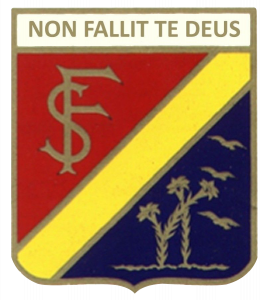Training stages
TRAINING STAGES
Since the beginning of our congregation, formation has always occupied an important place in order to prepare the young people who come to us and the sisters to become imbued with our charism and to live it in order to respond to the needs of the Church in the world. What are the training steps and requirements? The first step is to get to know each other. To do this, the regions organize meetings with the young candidates so that they can allow themselves to be looked at and look closely at the congregation, in particular through work in one of the works of the congregation or life experience for a time in one of our communities.
Here the formation emphasizes the motive of vocation; She returns to the personal story and her roots in order to touch the possible knots and heal them in order to grow in freedom to answer the call of God discovering her deep motivations. At the end of this period, the young woman wishing to continue her journey, sends a letter of request to enter the postulancy to the regional superior. The latter, with the consent of her council, can approve or not the request after a spiritual discernment enlightened by the personal evaluation of the candidate and that of the community that received her as well as that of the sister responsible for accompanying her.
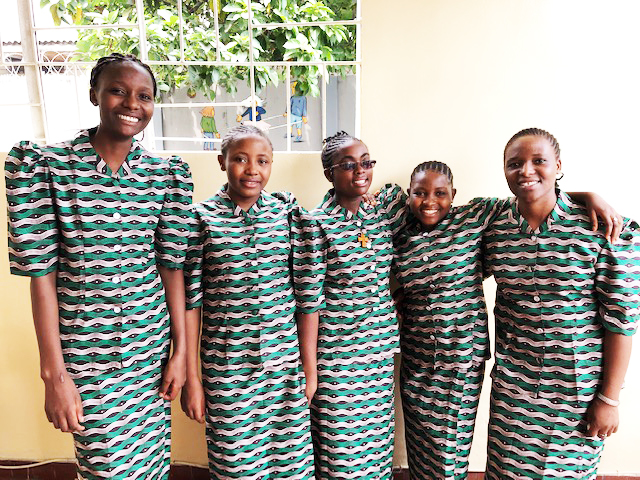
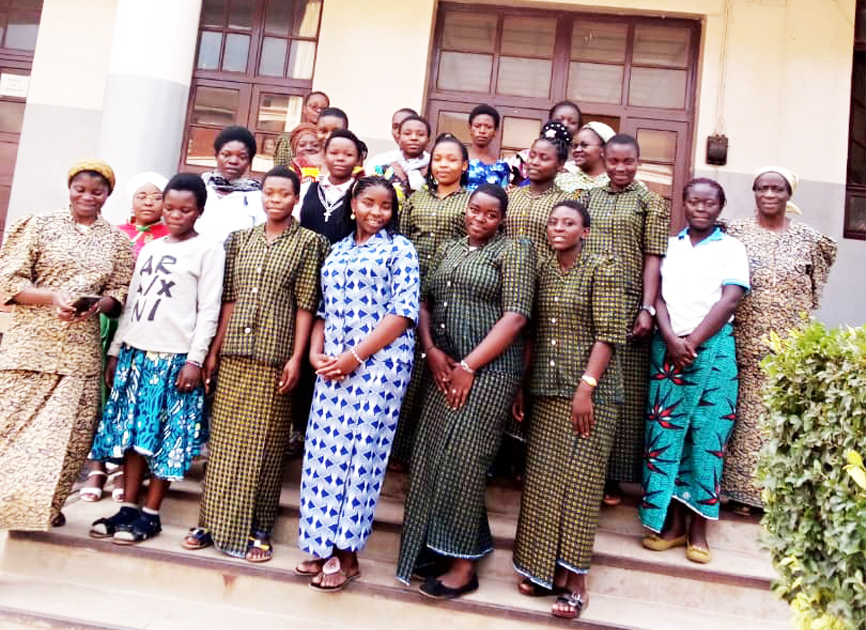
Then follows the postulancy which lasts a minimum of 2 years in the house of formation under the responsibility of the formative sister of the postulants assisted by a team of sisters appointed by the congregation. This is a time when the candidate and the formator verify whether it is an authentic vocation to religious life and appreciate the physical, intellectual, affective, moral and spiritual qualities of the young person that our religious life implies. The young person learns to live with certain ruptures with the living environment, with the conceptions to which she adheres and the habits acquired’ this closing quotation mark what?.
This requires ‘spiritual and psychological adaptation’. (C81). A training program is established according to the directives of the congregation. In addition, the postulants follow courses at the inter-postulancy. They are thus formed in openness to the world, to the Church and to other religious congregations thanks to the ecclesial experience shared with other young people who live the same stage; which is an impressive (or not negligible) cultural richness.
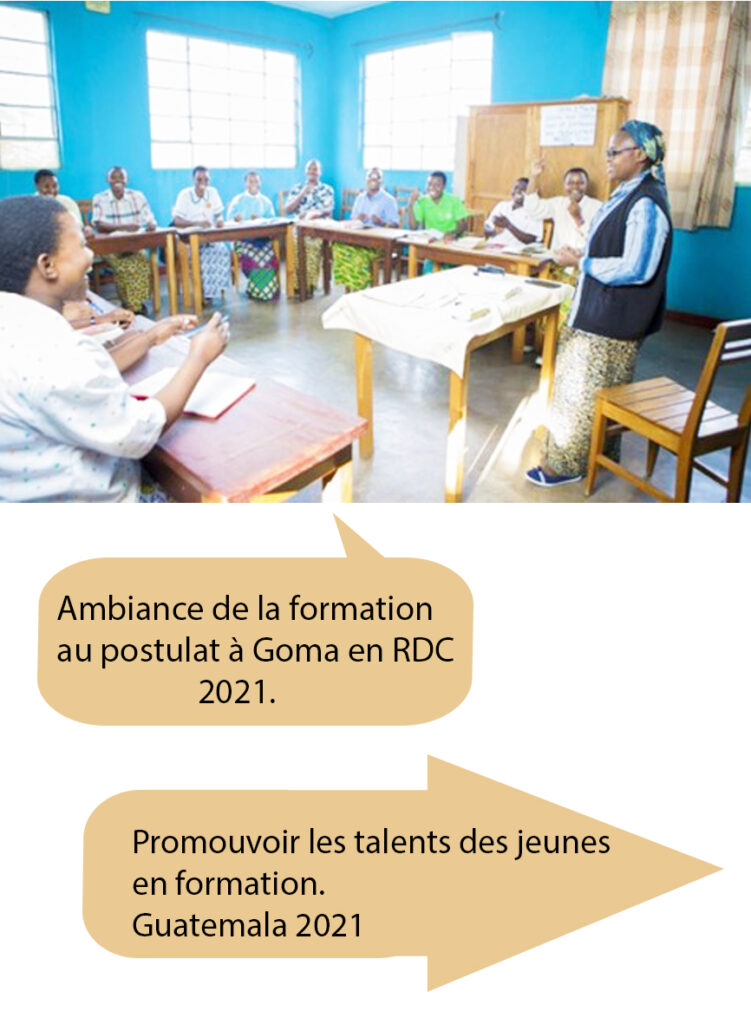
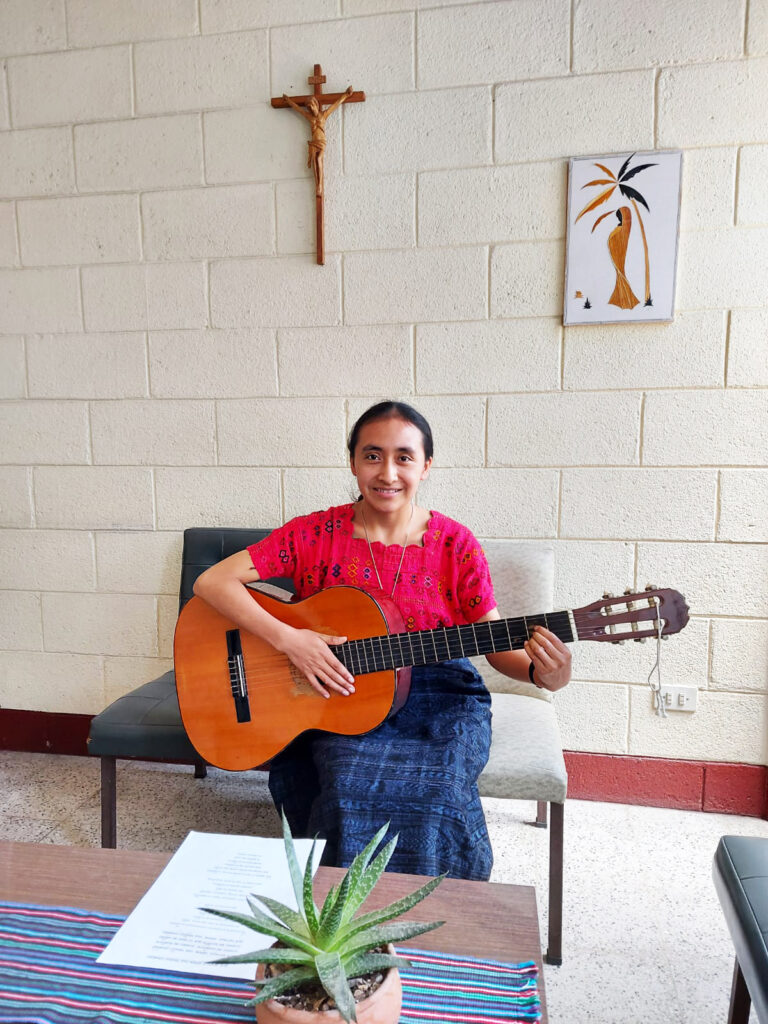
At the end of these two years, the candidate can write a letter asking to begin the next stage which is the novitiate. an evaluation of these two years, the congregation will decide whether or not to accept it. The novitiate lasts 2 years. It is the school of prayer, availability and openness to God (C84). The main purpose is to initiate the novice to religious life at the Holy Family. During this stage, formation aims to open one’s heart and mind to the riches of Sacred Scripture, the Constitutions, the charism, the spirit and the spirituality of the congregation as well as to the evangelical counsels of chastity, of poverty and obedience and of an experience of apostolic community life. In prayer, the young person accompanied by the formator discerns the authenticity of the call and of the choice she has made to dedicate her life to following Christ and serving Him.
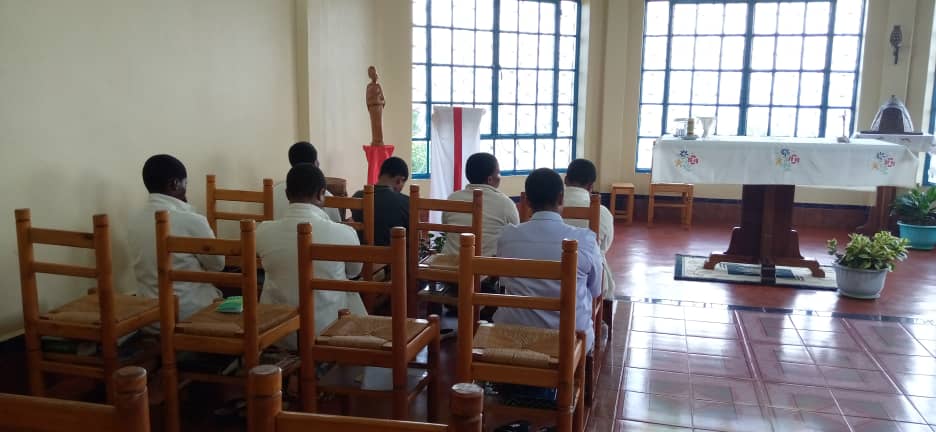
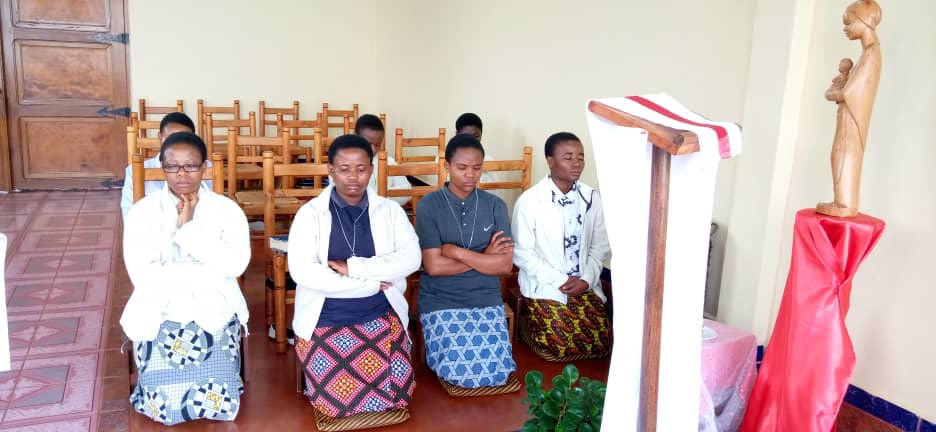
After these 2 years of novitiate, the young person can ask to consecrate herself for one year by temporary vows. If she is admitted, she becomes a professed sister. After the temporary profession follow 6 years of increasing integration in the charism, in the spirit, in the spirituality, in the fraternal life in community, in the life and in the apostolic work of the Congregation, according to a program planned by the region. The young professed lives from then on in a community and according to the needs of the congregation, she will complete her professional formation or will be engaged in one of the works at the service of the congregation and the Church. She will do this journey in the conviction that God is traveling with her if she remains attached to Him by devoting the necessary times to prayer.
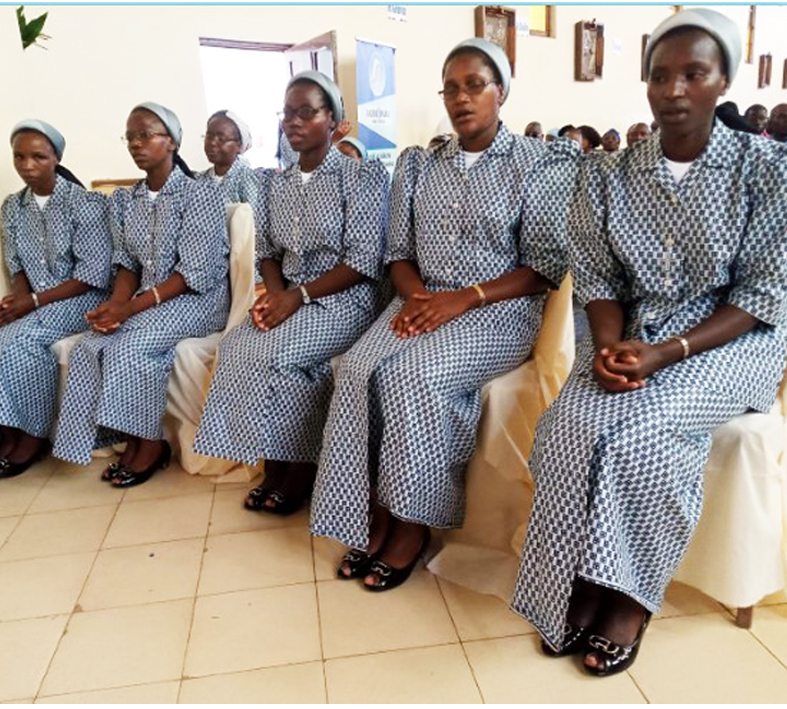
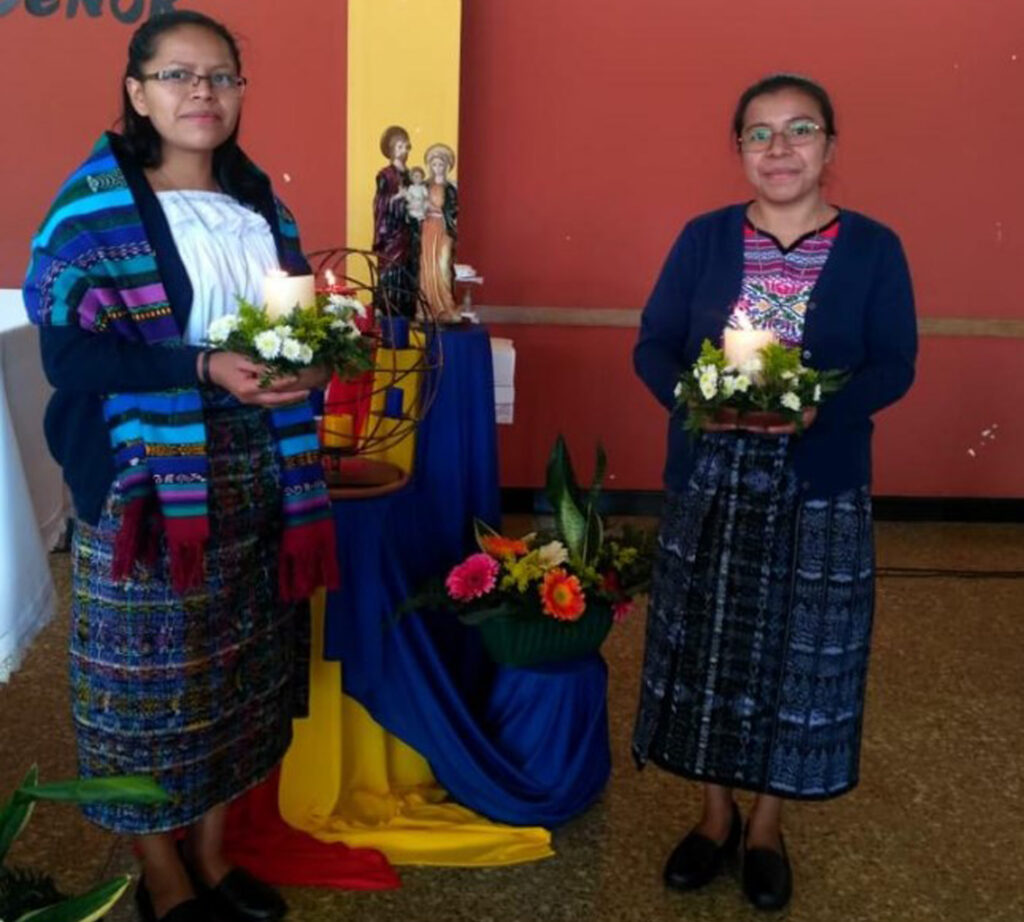
Finally comes the time to make a definitive commitment through a more radical gift to ‘be in Christ, exist through Him, live by Him, be available to others in Him and for Him’ (C14). A strong time of prayer and formation precedes perpetual profession. The formation is permanent, it is never finished. A religious life can only be realized by being ever more faithful to the grace of the Lord. C88.
